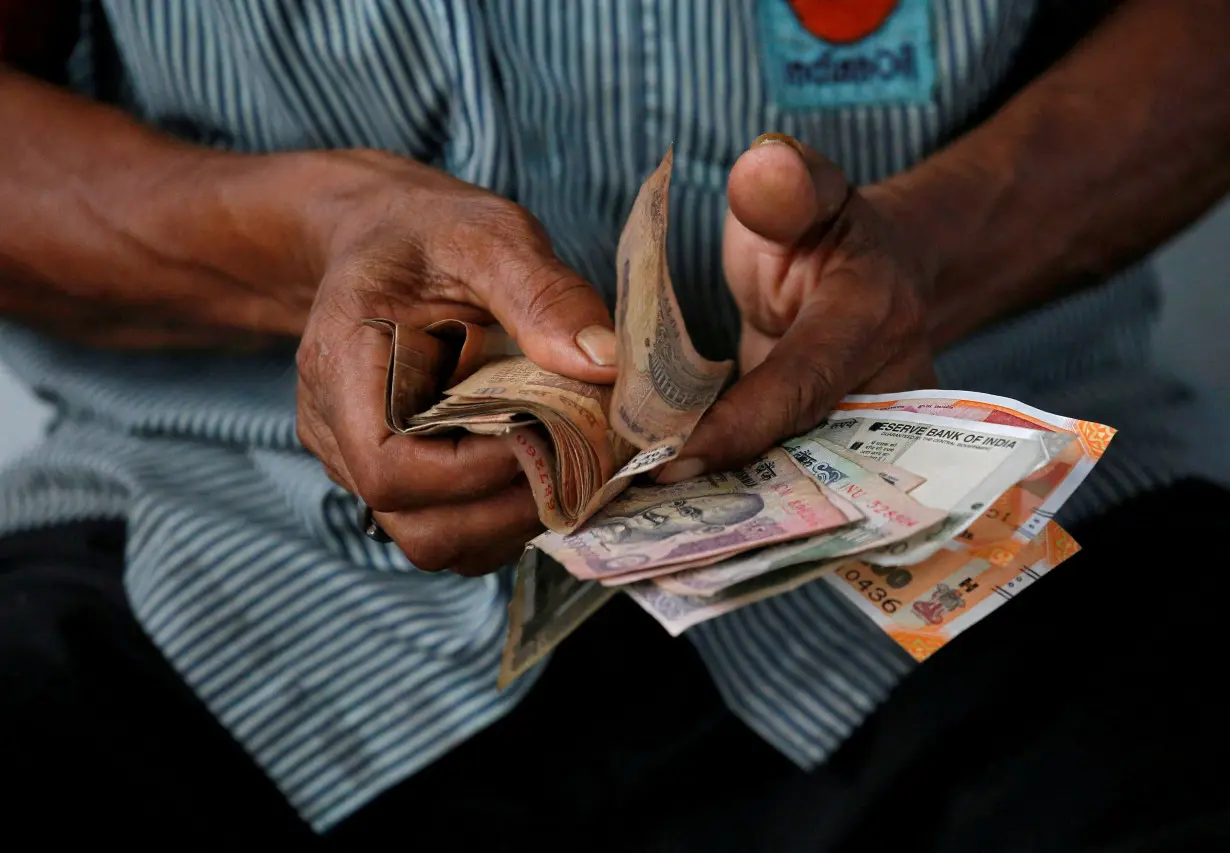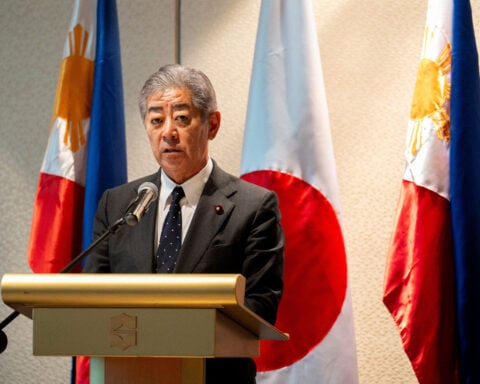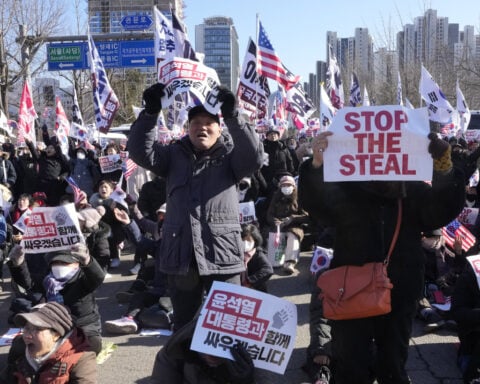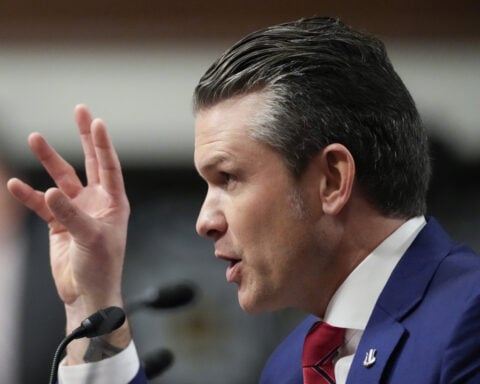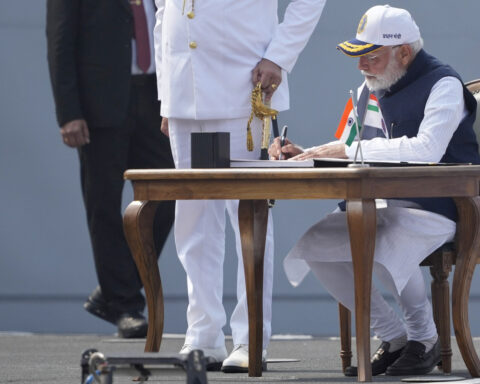By Nimesh Vora and Jaspreet Kalra
MUMBAI (Reuters) - Indian importers are exploring options strategies to hedge against currency risks amid muted volatility in the rupee, moving away from outright forwards that have become expensive, traders said.
Premiums, which reflect the interest rate differential between the United States and India, have surged as the Federal Reserve is expected to embark on a rate-cutting cycle, starting next week.
"With forward premiums up significantly, we are recommending to importers to consider option structures," Samir Lodha, managing director at forex advisory firm QuantArt Market Solutions, said.
The dollar/rupee 1-year forward premium has jumped nearly 75 basis points in the last two months to a 16-month high, making it costlier to hedge future foreign currency payments.
With premiums high and volatility low, using options structures such as capped forwards is recommended, according to QuantArt's Lodha. The cost of using a capped forwards is about 55%-65% lower than using forwards.
Such structures would, for instance, allow importers to lock in an FX payment due in six months at the dollar/rupee spot rate of 83.96 but the protection would be valid only until 85, Lodha said.
This is where the relative stability of the rupee helps, as the probability of a large depreciation in a short span of time is low.
India's central bank, which is active on both sides of the forex market - buying and selling dollars, has quashed volatility, making the rupee among the least volatile currencies in Asia.
"Both implied and realised volatility for USD/INR remain extremely low, leading importers to use option structures such as seagulls, knockouts, and range forwards for better payoff in the current market environment," Ashhish Vaidya, managing director and treasurer, global financial markets at DBS Bank India, said.
A knockout allows the importer to buy dollars at a better rate than in the forward market, but this benefit ceases if the rupee depreciates past a predetermined level.
"There is no denying that higher premiums are deterring importers from hedging in the forward market", leading to enquiries for option structures which are low-cost, an FX salesperson at a bank said.
(Reporting by Nimesh Vora and Jaspreet Kalra; Editing by Mrigank Dhaniwala)

 Germany's economy shrank for the second consecutive year in 2024
Germany's economy shrank for the second consecutive year in 2024
 Italy, Albania, UAE sign deal for energy subsea interconnection
Italy, Albania, UAE sign deal for energy subsea interconnection
 European shares advance as bond yields ease; soft inflation powers UK stocks
European shares advance as bond yields ease; soft inflation powers UK stocks
 Bayern Munich signs US youngster Bajung Darboe from LAFC
Bayern Munich signs US youngster Bajung Darboe from LAFC
 Novak Djokovic breaks a tie with Roger Federer for the most Grand Slam matches in tennis history
Novak Djokovic breaks a tie with Roger Federer for the most Grand Slam matches in tennis history
 China's RedNote: what you need to know about the app TikTok users are flocking to
China's RedNote: what you need to know about the app TikTok users are flocking to
